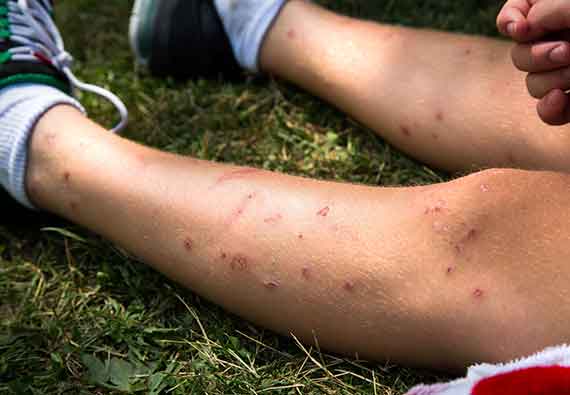While institutions and governments do what they can to cut the numbers of Zika-infected mosquitoes, you can do a lot on your end to cut your chances of infection as well as your chances of unwanted complications.
The first step in prevention is to avoid mosquito bites. When you are outdoors, wear light-colored clothing that covers your arms and legs to keep mosquitoes off you.
Mosquito repellent that contains DEET, icaridin or IR3535 can help when used according to the manufacturers’ instructions. DEET can be found in a number of concentrations. The higher the concentration, the longer protection will last.
Many mosquitoes attack at night. When sleeping with windows open, make sure that all screens are in good condition. Close doors quickly when you step outdoors. If you find that mosquitoes still get inside, consider placing a mosquito net over your bedding.
If you entertain outdoors, a mosquito gazebo is a good investment. These gazebos are screened to keep unwanted insects out and make your time outdoors more pleasant.
A number of mosquito traps are currently on the market. Some of the most effective ones use propane to make CO2, which attracts mosquitoes. These can eliminate mosquitoes from up to ¾ of an acre.
You can also keep mosquitoes at bay by eliminating their breeding sites. These insects like to lay their eggs in standing water. Sources like buckets, pots, gutters and puddles should be regularly dumped or cleaned. If you have a pool or jacuzzi that is not used often, treat the water with larvicide to stop growth of new mosquitoes.
Since Zika can also be sexually transmitted, it is important to use barrier method protection such as condoms and dental dams during sexual activity. This virus is a risk even in monogamous relationships, since the initial infection may come from a mosquito. Experts recommend that couples who are neither pregnant nor attempting to become pregnant should either use condoms or abstain from sex for at least six months after a male partner has traveled to a Zika area and at least eight weeks after a female partner has.
Couples who live in or visit an area where Zika may be a risk and who are considering a pregnancy should first consult a doctor.
Couples who live in or visit an area where Zika may be a risk and who are considering a pregnancy should first consult a doctor. They should be extremely careful about the precautions that can prevent Zika infection. It may be advisable to wait many weeks or months after traveling to a Zika-risk area before attempting to conceive. Expectant couples in an area with a Zika risk should use condoms for the entire length of the pregnancy.
While Zika is not serious for most individuals, those who are vulnerable the the most dangerous complications can cut their risk with common sense precautions. Carefully protect yourself against mosquito bites every day when you are in areas where this virus is most common. Take precautions to avoid sexual transmission of the disease when you or your partner may be exposed. Through these simple precautions, you can cut your chances of Zika and keep yourself safe.




